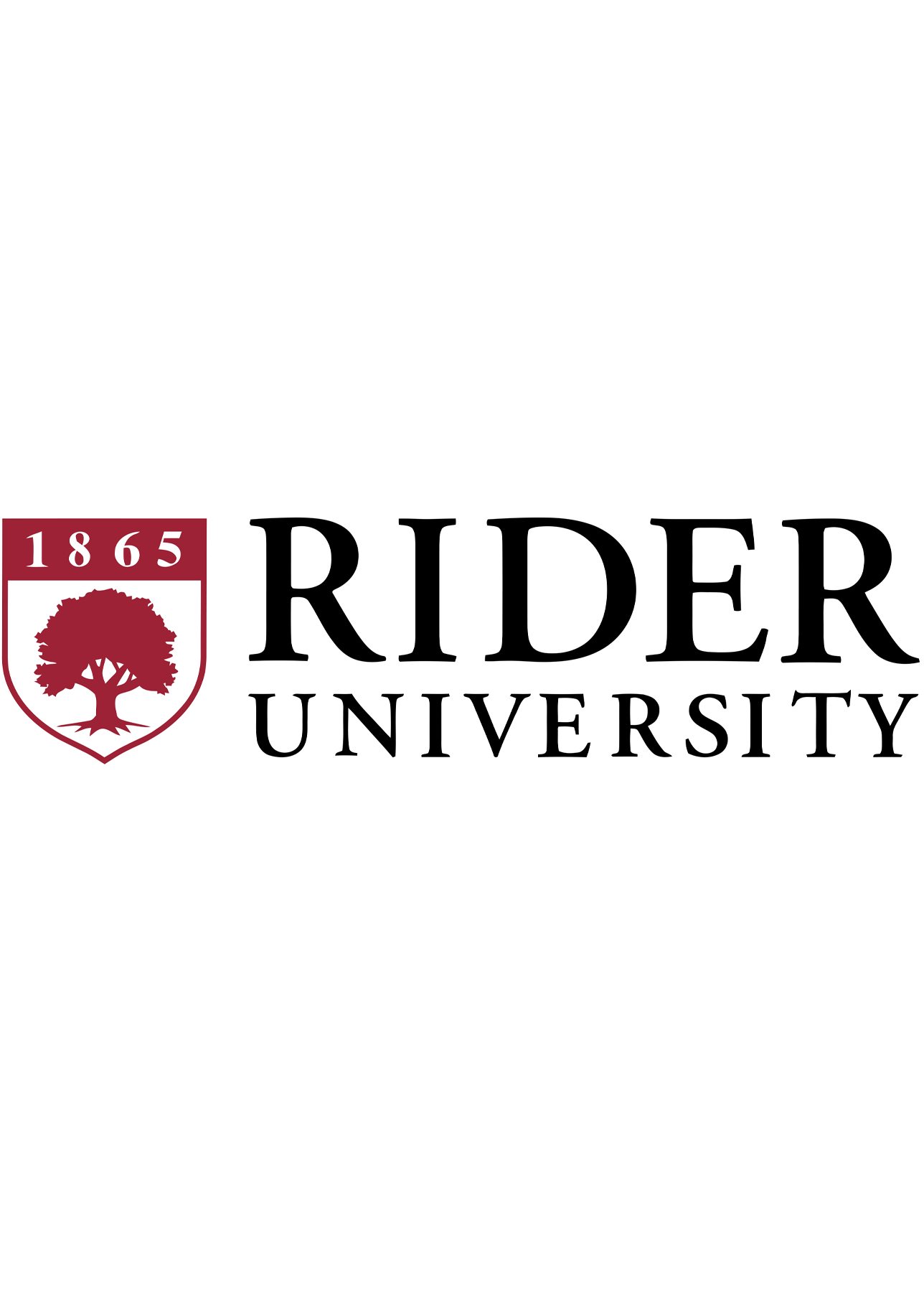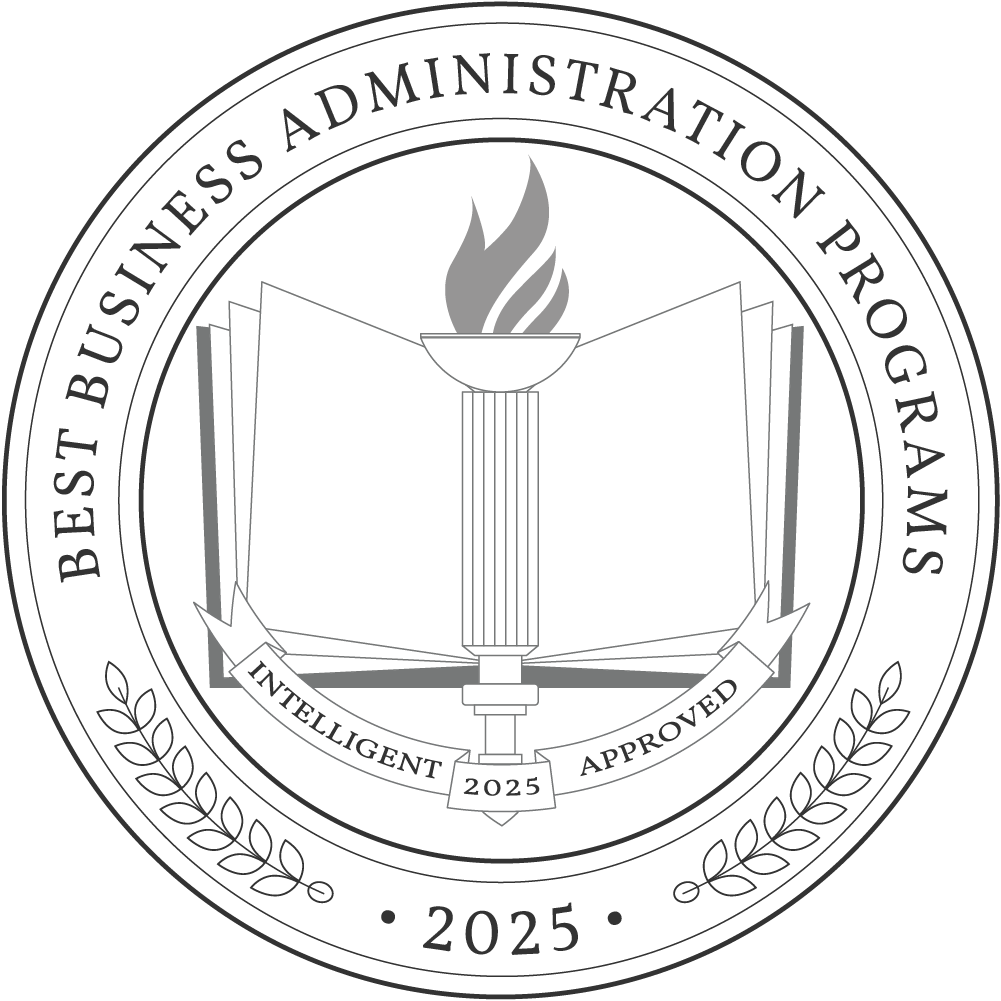A business administration degree provides students with a comprehensive understanding of business processes that contribute to the success of an organization. It covers a wide range of subjects, including marketing, human resources, mathematics, law, finance, and ethics. Graduates work as marketing managers, financial analysts, operations managers, business consultants, and human resources specialists.
Students who graduate with a business administration degree have a greater chance of earning a higher salary than the average worker. However, wages will vary depending on the position, applicant’s work experience, and location. The annual median pay for a financial analyst is $96,220, whereas the yearly median salary for a human resources specialist is $64,240.
Business administration programs require between 60 and 180 credits to graduate. Associate degree programs require two years of full-time study, while bachelor’s programs take four years. Students can expect to pay $16,618 annually for tuition and fees. If room and board are required, an average of $12,415 will be added annually.
Why Trust Us
The Intelligent.com Higher Education Team is dedicated to providing students with independent, equitable school and program rankings and well-researched resources. Our expert-driven articles cover topics related to online colleges and programs, paying for school, and career outlooks. We use data from the U.S. Department of Education’s College Scorecard, the National Center for Education Statistics, and other reputable educational and professional organizations. Our academic advisory team reviews content and verifies accuracy throughout the year for the most current information. Partnerships do not influence rankings or editorial decisions.
- Analyzed over 2,000 national, accredited, and nonprofit colleges and universities
- 800+ rankings pages are reviewed and updated yearly
- Content is informed by reputable sources, surveys, and interviews with academic advisors and other experts
- Over 100 data points are reviewed for accuracy and quality throughout the year, including sources
How we rank schools
Our list features the best Business Administration degree programs at top colleges nationwide. Each school featured is a nonprofit, accredited institution — either public or private — with a high standard of academic quality for post-secondary institutions.
We evaluated each school’s program on tuition costs, admission, retention and graduation rates, faculty, reputation, and the student resources provided for online students. We collected data from trusted sources like the National Center for Education Statistics, individual school and program websites, school admissions counselors, and other data sources. Then, we calculated the Intelligent Score on a scale of 0 to 100 based on the following criterion:
Academic Quality:
- Admission rate versus enrollment rate
- Retention rate of students who return after year one
- Accreditation status (regional and programmatic)
- Nonprofit status, both private and public institutions
Graduation Rate
- Overall graduation rate
- Total number of currently enrolled students, including diversity metrics
- Student-to-faculty ratio
Cost and ROI
- In-state and out-of-state per-credit tuition rates and fees
- Required credits to graduate
- Earning potential after graduation
- Availability of federal student loans, scholarships, and other financial aid options
Student Resources
- Available student services for online-only and hybrid programs
- On-campus amenities like tutoring centers and the number of libraries
Read more about our ranking methodology.
Best 22 Accredited Business Administration Programs
FiltersInstitution Type
Status
- Intelligent Score
- Alphabetically By University Name
- Acceptance Rate
- Enrollment
- In-state Graduate Tuition
- Out-of-state Graduate Tuition
- In-state Undergraduate Tuition
- Out-of-state Undergraduate Tuition

Binghamton University
Intelligent Score: 98.58In-state: $7,070
Out-of-state: $24,660
In-state: $11,310
Out-of-state: $11,310
SAT: 1290-1450
ACT: 29-32
Resident: $295
Non-Resident: $1,090
On-Campus
Association to Advance Collegiate Schools of Business
120-122

Thomas Edison State University
Intelligent Score: 95.96In-state: $14,742
Out-of-state: $16,926
In-state: $22,623
Out-of-state: $22,623
SAT: Not Required
ACT: Not Required
In-State: $419
Out-of-State: $545
On-Campus
Accreditation Council for Business Schools and Programs
120

University at Albany
Intelligent Score: 95.29In-state: $7,070
Out-of-state: $16,980
In-state: $11,310
Out-of-state: $11,310
SAT: 860-1060
ACT: N/A
Resident: $295
Non-Resident: $1,069
On-Campus
Association to Advance Collegiate Schools of Business
120

Metropolitan State University
Intelligent Score: 95.27In-state: $7,136
Out-of-state: $14,560
In-state: $8,405
Out-of-state: $8,405
SAT: N/A
ACT: N/A
$286
On-Campus
Accreditation Council for Business Schools and Programs
120

Northern Illinois University
Intelligent Score: 95.04In-state: $9,466
Out-of-state: $9,466
In-state: $8,858
Out-of-state: $8,858
SAT: N/A
ACT: N/A
$360
On-Campus
Accreditation Council for Business Schools and Programs
120

University of New Orleans
Intelligent Score: 94.97In-state: $6,090
Out-of-state: $10,926
In-state: $6,090
Out-of-state: $6,090
SAT: 1000-1270
ACT: 18-24
Resident: $315
Non-Resident: $476
On-Campus
Association to Advance Collegiate Schools of Business
120

Southern Oregon University
Intelligent Score: 93.82In-state: $8,820
Out-of-state: $26,100
In-state: $17,676
Out-of-state: $17,676
SAT: 980-1200
ACT: 18-25
In-State: $215
Out-of-State: $629
On-Campus
Accreditation Council for Business Schools and Programs
180

Lindenwood University
Intelligent Score: 93.14In-state: $18,000
Out-of-state: $18,000
In-state: $9,450
Out-of-state: $9,450
SAT: 990-1180
ACT: 19-25
$663
On-Campus, Online
Accreditation Council for Business Schools and Programs
120

Rutgers University - Camden School of Business
Intelligent Score: 92.86In-state: $12,230
Out-of-state: $29,012
In-state: $17,736
Out-of-state: $17,736
SAT: 1180-1410
ACT: 25-32
In-State: $445
Out-of-State: $1,081
On-Campus
Association to Advance Collegiate Schools of Business
120

Maryville University
Intelligent Score: 90.64In-state: $24,766
Out-of-state: $24,766
In-state: $14,346
Out-of-state: $14,346
SAT: N/A
ACT: N/A
$781
On-Campus, Online
Association to Advance Collegiate Schools of Business
128

Davenport University
Intelligent Score: 90.48In-state: $19,320
Out-of-state: $19,320
In-state: $15,696
Out-of-state: $15,696
SAT: N/A
ACT: N/A
$928
On-Campus
International Accreditation Council for Business Education
120

University of Illinois Springfield
Intelligent Score: 88.85In-state: $14,317
Out-of-state: $33,824
In-state: $15,016
Out-of-state: $15,016
SAT: 1200-1460
ACT: 27-33
Resident: $316
Non-Resident: $637
On-Campus
Association to Advance Collegiate Schools of Business
120

DePaul University
Intelligent Score: 88.85In-state: $40,551
Out-of-state: $40,551
In-state: $19,370
Out-of-state: $19,370
SAT: N/A
ACT: N/A
$758
On-Campus
Association to Advance Collegiate Schools of Business
192

Rider University
Intelligent Score: 88.13In-state: $45,120
Out-of-state: $45,120
In-state: $20,508
Out-of-state: $20,508
SAT: 1020-1220
ACT: 20-26
$1,047 - $1,570
On-Campus
Association to Advance Collegiate Schools of Business
120

American University
Intelligent Score: 87.06In-state: $50,542
Out-of-state: $50,542
In-state: $34,533
Out-of-state: $34,533
SAT: 1220-1390
ACT: 27-32
$1,857
On-Campus
Association to Advance Collegiate Schools of Business
120

Fordham University
Intelligent Score: 86.29In-state: $54,730
Out-of-state: $54,730
In-state: $23,112
Out-of-state: $23,112
SAT: 1230-1410
ACT: 27-32
$2,011
On-Campus
Association to Advance Collegiate Schools of Business
120

Colorado Christian University
Intelligent Score: 83.48In-state: $24,160
Out-of-state: $24,160
In-state: $13,474
Out-of-state: $13,474
SAT: N/A
ACT: N/A
$1,072
On-Campus
Higher Learning Commission
120

McKendree University
Intelligent Score: 82.51In-state: $31,100
Out-of-state: $31,100
In-state: $9,324
Out-of-state: $9,324
SAT: 871-1277
ACT: 18-28
$907 - $1,360
On-Campus
International Accreditation Council for Business Education
120
How to Choose a Business Administration Program
Choose your area of study
There are three types of business administration degrees: associate, bachelor’s, and master’s. The degrees differ in their length, curriculum, and career outlooks.
An associate degree is an entry-level program covering the basics of business administration. It generally takes two years of full-time study to complete, allowing students to enter the workforce faster. Students with associate degrees pursue positions such as marketing associate and human resources assistant.
A bachelor’s degree in business administration typically requires four years of full-time study and is available as a Bachelor of Business Administration or Bachelor of Science. It covers the foundations of business administration and prepares students for managerial or administrative positions. Students can choose from specific focuses, including marketing, operations, and finance.
Students who wish to pursue executive or advanced positions in business can complete a Master of Business Administration (MBA). This post-graduate degree builds on the foundations of a bachelor’s degree to provide an understanding of advanced business principles and leadership skills.
Research schools and programs
Begin the application process by researching accredited institutions and programs. Accreditation is given to schools that meet a quality standard for education. Look for a business administration program that’s accredited by the Association to Advance Collegiate Schools of Business (AACSB), the Accreditation Council for Business Schools and Programs (ACBSP), or the International Accreditation Council for Business Education (IACBE). Programs with accreditation from one of these organizations offer students a greater chance of being hired for positions, earning a higher salary, and receiving government grants.
Take advantage of available resources to learn about the schools and programs you’re considering. Browse the school and program websites to learn about the curriculum, costs, and admission requirements. Then, visit the school or follow its social media channels to discover the culture, housing options, and campus lifestyle.
Prepare for tests and applications
To apply for an undergraduate degree in business administration, submit a combination of recent transcripts, your SAT or ACT scores, an application form, letters of recommendation, and a personal essay. Exact requirements will vary depending on the institution and program.
A Master of Business Administration requires the applicant to complete a four-year accredited program and submit a personal essay, transcripts, letters of recommendation, GMAT or GRE score, and resume.
Speak with an admissions advisor before submitting your application. They’ll ensure you have all the required documents and discuss any application fees you may incur.
Select your program
When it comes time to decide on your program, narrow down your choices by considering your circumstances, career goals, and logistical needs, including:
- Program length
- Cost
- Housing options
- School culture
- Learning options
- Career outlook
To set yourself up for success, choose the program that aligns with your lifestyle and academic needs. If you need help deciding, contact an academic advisor, who will review your choices and help you find the best fit.
Determine how you’ll pay for your degree
To determine if you’ll need assistance paying for your degree, create a budget outlining all of your living and academic costs. Include tuition, fees, supplies, housing, transportation, food, and extracurriculars. Complete the Free Application for Financial Aid (FAFSA) to find out how much federal, state, and school financial aid you’re eligible to receive, including grants, scholarships, loans, and work-study funds. If you’re currently working, speak with your employer about any tuition assistance they may offer.
What Can You Expect From a Business Administration Program?
A business administration degree teaches students the operations and processes that contribute to business success. The first two years are often filled with foundational courses that introduce the basics of business administration. The following years include advanced courses and electives that align with the student’s chosen specialization.
Students will cover a wide range of topics related to business administration, including sales, economics, finance, accounting, management, marketing, and operations. The program will employ various learning methods, including lectures, case studies, simulations, essays, exams, and real-world experiences.
Potential courses you’ll take in a business administration program
- Financial Accounting. Students are introduced to accounting processes and financial statements. They will learn about the accounting cycle, special journals, inventory, payroll, merchandising, and statement preparation.
- Leadership. This course examines the qualities and skills required of a good leader. Students will explore personality styles, values, and emotional intelligence and how they affect leaders in the workplace.
- Consumer Behavior. Students will examine how consumers make decisions in the marketplace. They will learn the effects of marketing on consumer behavior, along with group influence, consumerism, and branding.
- International Business. This course examines how businesses operate in a global context, including the cultural, financial, legal, political, and economic factors that impact them.
Business Administration Degree Frequently Asked Questions
How do I apply to a business administration degree program?
To apply for a business administration program, review the school’s website, where the application details are listed. You will likely need to submit your most recent transcripts, test scores, a personal essay, letters of recommendation, and a detailed application form. Speak with an admissions counselor before submitting your application to make sure you have all the correct materials.
How much does a business administration degree cost?
The average annual cost for a bachelor’s degree in business administration is $16,618, but the total cost of a degree will vary depending on the student’s location, school, program, and living expenses. Housing, food, transportation, supplies, and entertainment are additional expenses that will affect the total cost of the program.
How long does it take to earn a business administration degree?
Most business administration programs require between two and four years of full-time study. Depending on the program and degree type, you will need to complete between 60 and 180 credits. Some schools also offer online or asynchronous learning, where students can complete the program at their own speed.

